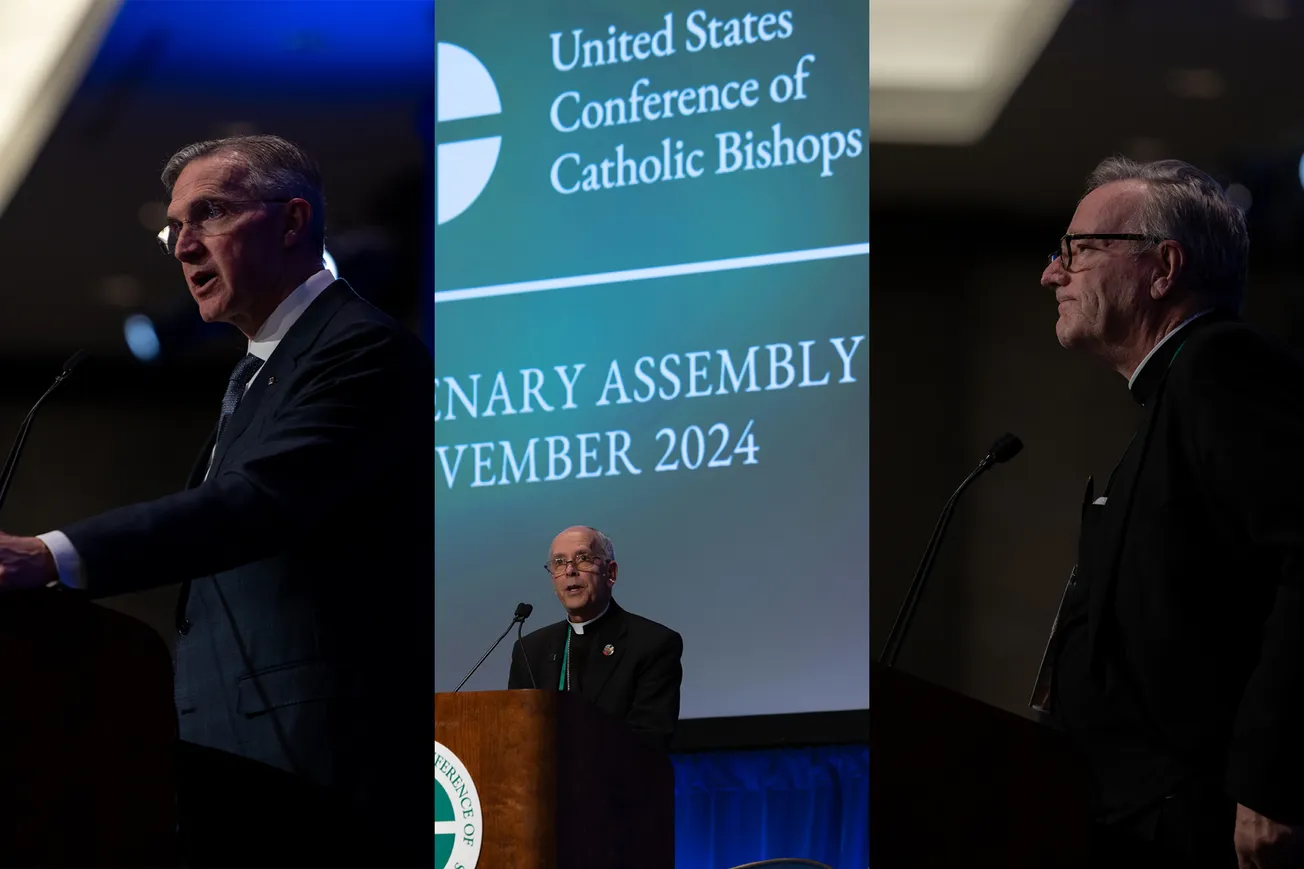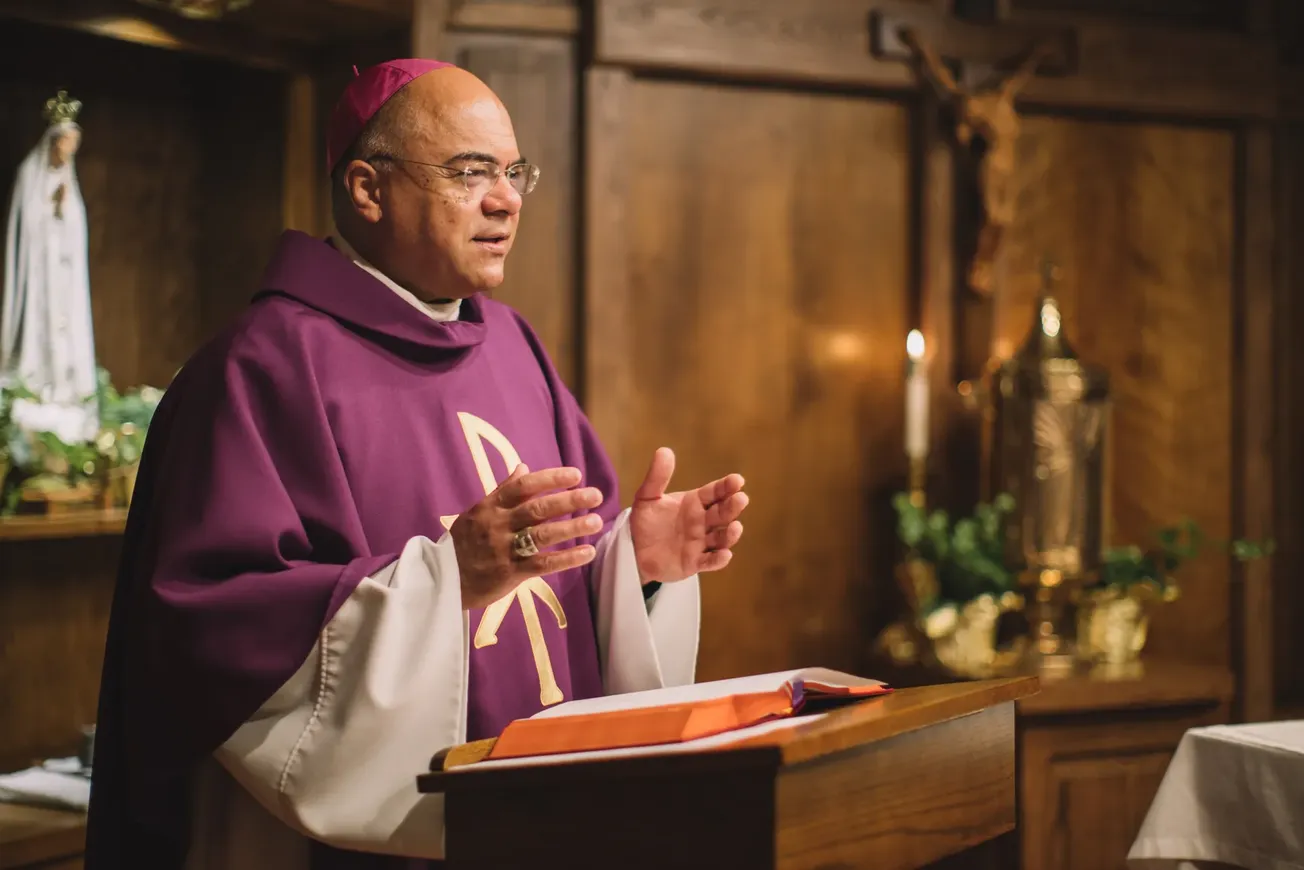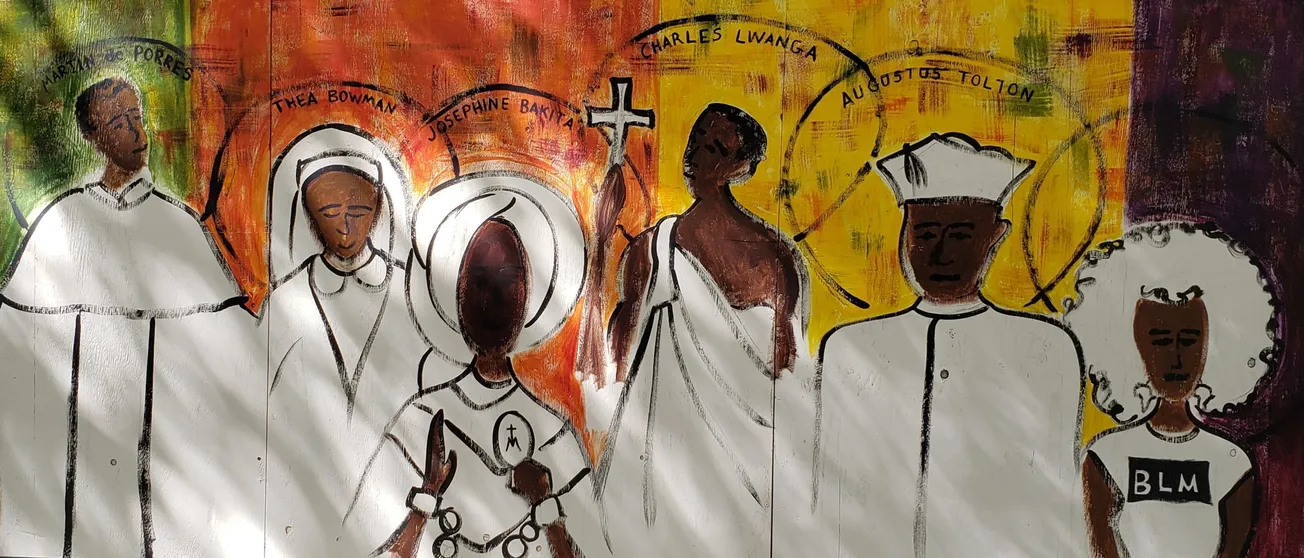One might not intuitively recognize a connection between picture books and military academies, but in the world of Black Catholicism, not all things are intuitive.
In my ongoing quest toward a Black Catholic intuition, during this second weekend of Black Catholic History Month, and a few days shy of Veteran’s Day (which I typically meet with a kind of silent scorn), I was reminded of one Ellen Tarry, a prolific Black Catholic writer whose work broke barriers in the world of the Church as well as that of America at large.
Of course, to speak of “breaking barriers” in this way implies a sort of White normativity, in which Black people are to be congratulated not for achievements in their own right, but only in relation to how they are received by their White peers and the non-Black world at large. Even so, history is often a story of firsts, and of these there are many in a society still grappling with apartheid.
Born in 1906, Ellen Tarry was, like me, raised a Protestant. Also like me, she was raised to indirectly disdain Catholicism, and over time grew to despise it all the more directly (as she encountered more of its adherents up close). However, it is at this point that our stories diverge.
I would come to conversion in adulthood after years of flirting with different strains of Protestant experimentation, a few months of exploring Eastern Christianity and otherwise Eurocentric Catholicism, and a discovery of and deep dive into Black Catholicism.
Tarry, on the other hand, converted after years of personal contact with Black Catholic classmates, White SBS nuns, the ritual/prayers of the Church, and the Lord Jesus in the Blessed Sacrament. (All before Vatican II and the Black Catholic Movement, of course.)
In her autobiography, The Third Door, she recounts these experiences, borne from her time at a boarding school in Virginia following the death of her father—whom she promised she would never become Catholic.
The school, St. Francis de Sales School for Girls, was founded in 1899 by the aforementioned Sisters of the Blessed Sacrament, an order of nuns founded (and in Tarry’s day still mothered) by Saint Katharine Drexel. The school grounds were a former plantation known as Belmead, though—as is often the case with such sordid histories—this is often obscured in modern representations. One of many schools founded by Drexel to educate Black and indigenous Americans, SFdS was the order’s first in the South.
In one of Drexel’s many collaborations with her half-sister Louise and her husband, Edward de Veaux Morrell, a second school was opened across the creek from SFdS: St Emma’s Military Academy, an all-Black boys’ school named after Louise’s mother. Before closing in the early 70s, the two schools would go on to educate some 15,000 Black children, helping to facilitate the boom in conversions to Catholicism among Black Protestants during and after the Great Migration(s)—including, of course, Tarry herself.
I received the sacrament of Confirmation on December 8, 2019, the Feast of the Immaculate Conception. Tarry likewise received initiation into the Catholic Church—in her case, baptism—on the same feast day. She graduated from SFdS the following June, with Mother Drexel in attendance.
Tarry went on to study at an HBCU, Alabama State University, before becoming a teacher and writer, one of the earliest Black Catholic figures to openly advocate for Black liberation and Black pride in the press. She also became one of two Black Catholic figures in the Harlem Renaissance, alongside Claude McKay (whom she nursed back to health during one of his many bouts with severe illness). Tarry would author the first African-American picture book, Janie Belle, in 1940.
Following the closure of the twin Black Catholic schools of Belmead, the SBS sisters struggled to keep the property maintained, prompting a series of ultimately unsuccessful fundraisers and restoration efforts. The property was eventually listed for sale in 2016, and sold last June to Jeff Oakley for $6M. He has since partnered with alumni and a local photographer to facilitate tours and other advocacy work.
Ellen Tarry died a mere 12 years ago, at nearly 102 years old.
She lived to see Black Catholic schools close in the name of “integration” before being subject to neglect and decay, such as her own alma mater in the Richmond diocese. (At least one Black parish in the same diocese met a similar fate.)
In adulthood, herself a participant in the Great Migration(s), she witnessed Black children face segregation anew in the wake of White Flight, a nationwide situation persistent even to the present day.
She observed the Black Catholic Movement unfold not long after she completed her biography, and she saw Black Catholics “come of age” amidst a proliferation of Black clergy and spirituality in the Catholic Church—a twin phenomenon perhaps unthinkable during the first half of her life.
Even still, she also lived to see the marginalization of Black Catholics flow like a Virginia creek even into the 21st century, where Black parishes and schools continue to close at disproportionate rates, Black traditions become sudden and irreversible taboos, and Black Catholic History Month remains an afterthought in many dioceses—including that of Richmond itself.
This month, many such stories will be told and re-told. Stories of Black Catholic history, born, killed, and in many cases nearly forgotten. Stories of ordinary pioneers as well as extraordinary successors. Narratives of hope and innovation as well as of confusion and despair.
Be they uplifting or depressing (and most often both), I prefer the Black Catholic stories less often told.










